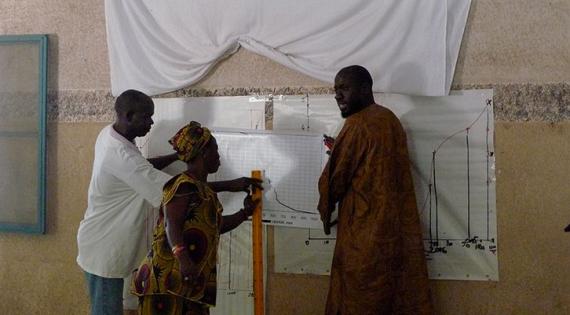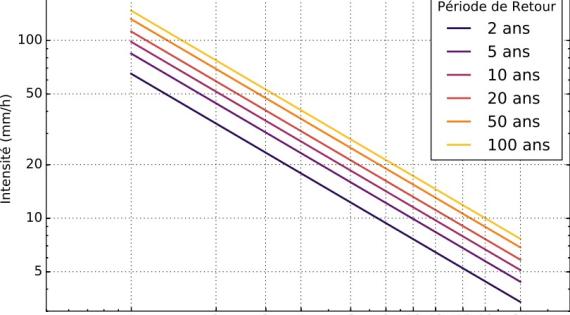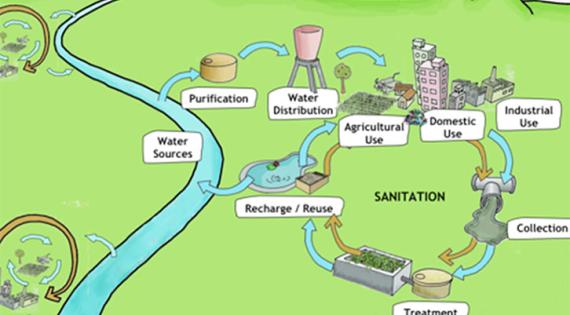Working with the Kaddu Yarax theatre troupe in Senegal, IRD have been employing Forum Theatre to support a multi-stakeholder exchange and sharing forum on the issue of genetic resources across all actors, from decision makers to famers. IRD are now scoping a new forum theatre piece around key issues emerging from AMMA2050 project research. While the exact focus is under review, potential issues include: communicating and employing uncertain climate information, new agricultural practices and inputs, gendered roles and decision making.
In Theatre Forum each performance of the play is shown twice. During the replay, any member of the audience is allowed to take the place of one of the characters, showing how they could change the situation to enable a different outcome. Several alternatives may be explored by different spectators. The other actors remain in character, improvising their responses. This approach seeks to break through the barriers between policymakers, decision makers and researchers, putting them on an equal footing to find shared and innovative solutions.
To share emerging learning, IRD produced a film of their experience in employing the theatre forum piece on genetic resources. Both this film and the proposed focus for the Theatre Forum piece related to AMMA-2050 research are due to be shared in a seminar exploring the ethics of collaborative development research to be hosted by King’s College London proposed for September 2018, as well as within the proposed joint WASCAL-AMMA2050 workshop, due to take place in November 2018.



